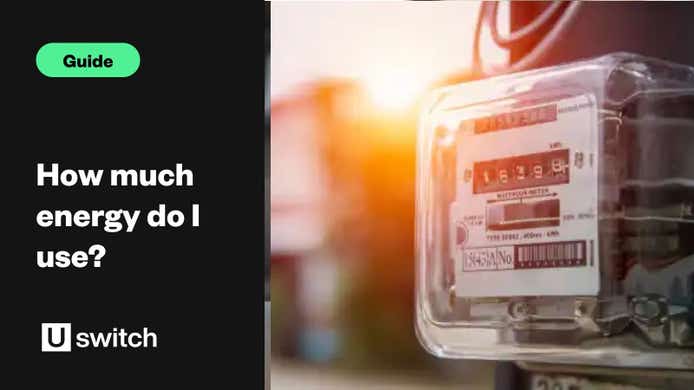The most eye-catching intervention is a new one-off “cost of living payment” of £650 to eight million of the UK’s most vulnerable households - those who receive Universal Credit, Tax Credits, Pension Credit and legacy benefits.
Additionally, separate one-off payments of £300 to pensioner households and £150 to individuals receiving disability benefits will be made, and a £500 million increase will also be added to the Household Support Fund, which is delivered by local authorities and is now extended until March 2023. This brings the total Household Support Fund to £1.5 billion.
This package follows closely behind the previous set of measures announced earlier in the year, which had been criticised by opposition parties and industry experts for not going far enough to help UK households. The funding for these measures has only been achieved thanks to a windfall tax on oil and gas companies, which have been making extraordinary profits thanks to high wholesale prices - something opposition parties had been advocating for some time.
Another significant element of this new package is the change made to the £200 loan on energy bills that every household was due to receive from October. This has now been doubled to £400, but will no longer be required to be paid back.
£400 discount delivery details
There will be a discount of £66 applied to energy bills in October and November, and a discount of £67 each month from December to March 2023.
Those who pay by direct debit (monthly or quarterly) will see an automatic deduction from those bills.Those who have smart prepayment devices will have the money automatically added as a top-up on their account each month, so they will have to add less credit to their meter for their energy use.
However, those with older non-smart prepayment devices will receive an energy bill discount voucher during the first week of each month - delivery could be via text, email or post. They will then need to redeem these at their usual top-up point.




